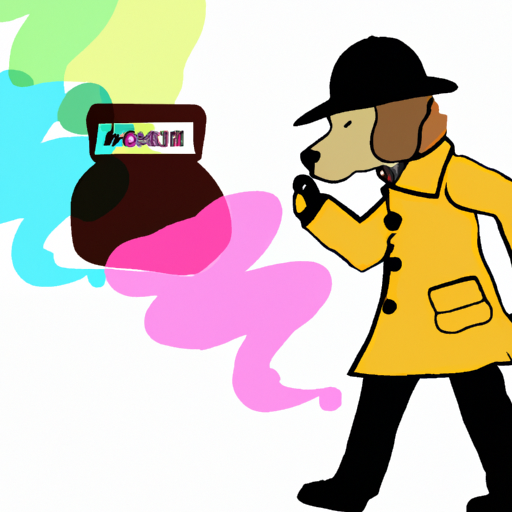As a caregiver to your furry friend, you’ve probably wondered, “What do dogs smell like?” As you’re snuggling into your pet or simply passing by, the scent can be quite noticeable. Let’s dive into this intriguing topic.
Why Dogs Have a Unique Scent
Just like humans, dogs have a unique smell. This scent is primarily due to oils on their skin and the bacteria and yeasts living on their coat. The exact scent varies from dog to dog, influenced by their diet, environment, and overall health.
Dogs also have special glands in their ears and near their anus that produce unique smells. While these scents can be off-putting to humans, they are crucial for dog-to-dog communication.
Factors Affecting a Dog’s Smell
Several factors can influence the way your pet smells.
- Diet: What your dog eats can significantly impact their smell. High-quality dog foods can help control unpleasant odors.
- Health Conditions: Certain health issues, like skin infections or dental disease, can cause unpleasant odors.
- Grooming: Regular bathing and grooming can help control your dog’s smell. However, over-bathing can dry out your dog’s skin and lead to smellier problems.
How to Manage Your Dog’s Smell
Managing your dog’s smell involves regular grooming, a healthy diet, and routine vet checkups. Here’s a simple guide:
- Regular Baths: Use a dog-friendly shampoo to keep your dog’s coat clean and smelling fresh. Aim for monthly baths, but don’t overdo it.
- Quality Diet: Feed your dog a balanced diet to help control body odor.
- Routine Vet Visits: Regular vet visits can help catch any health conditions that may be causing bad odors.
Comparing Dogs’ Smells to Other Animals
| Animal | Smell Source | Smell Description |
|---|---|---|
| Dog | Skin oils, glands, bacteria | Varies, usually ‘doggy’ smell |
| Cat | Sweat, saliva, anal glands | Less noticeable, ‘cat smell’ |
| Ferret | Skin oils | Noticeably musky |
| Hamster | Scent glands, urine | Mild to slightly musky |
It’s important to remember that each dog and animal species has its own unique scent, influenced by many factors.
The Science Behind Dogs’ Smell
Dogs’ smell is not only due to their physical attributes but also links to their evolutionary past. Wild canines use their scent for communication, marking territory, and identifying each other. While your domesticated pal may not need these functions, the biological mechanisms are still present.
Frequently Asked Questions
Q: Why does my dog smell bad even after a bath?
A: This could be due to a number of reasons, including health issues, anal gland problems, or residual odors in their environment.
Q: How often should I bathe my dog to control smell?
A: Generally, once a month is enough. However, it depends on your dog’s breed, coat type, and activities.
Q: Can a change in my dog’s smell indicate a health problem?
A: Yes, changes in your dog’s smell can indicate potential health issues. If you notice a sudden or strong change, it’s best to consult your vet.
Understanding “what do dogs smell like” can help you monitor their health and hygiene better. So, next time you’re cuddling up with your furry friend, take a moment to appreciate their unique, ‘doggy’ smell. It’s all part of the joy of pet parenthood!



